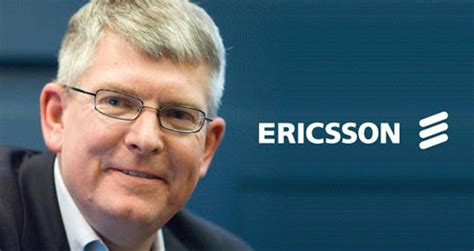Top 586 User Quotes & Sayings - Page 8
Explore popular User quotes.
Last updated on December 22, 2024.
How he could be a good user of LSD," I asked, "And know about the spiritual dimension - all that sort of thing - and still be a crook? I don't understand." "Then it's time you did. Psychedelic drugs don't change you - they don't change you character - unless you want to be changed. They enable change; they can't impose it.
The world is a big place. There are lots of smart people in it. Entrepreneurs are kidding themselves if they think they have any kind of monopoly on knowledge. And, sure as I'm a Macintosh user, on the same day that an entrepreneur tells this lie, the venture capitalist will have met with another company that's doing the same thing.
One of the cool things we're seeing at TaskRabbit is local tech and gaming startups hiring TaskRabbits to test their products and deliver immediate user feedback. As the founder of a tech startup, I can tell you that this type of focus group testing is paramount - and usually really pricey and difficult to coordinate.
The condition of the United States positively announces the lack of substance, of unifying principle from the start: that consensus is a lie, and that the absence of consensus is a necessary condition for, not the dissolution of the political entity, and its reconstruction according to both viral and virtual principles, which, are, in practice, user-generated.
What sets Labs apart from other brands is the emphasis on the user experience within the products themselves by embracing the technologies that are changing the face of the beauty and the marketplace of the industry. Simply, the Lab is where unadulterated experimentation meets raw glamour: a rule-breaking playground for makeup enthusiasts.
Human beings today are surrounded by huge institutions we can never penetrate: the City, the banking system, political and advertising conglomerates, vast entertainment enterprises. They've made themselves user friendly, but they define the tastes to which we conform. They're rather subtle, subservient tyrants, but no less sinister for that.
I think 'Disney Infinity' is exciting. It's hard to even call it a video game, because it's so different. What excites me about this is how it's going to put more and more of what happens in the game into the hands of the user; it's up to them. You can play it to where everything's laid out for you.
I'm an Amazon Prime member. I subscribe to Netflix and Hulu, and they have great user interfaces and some excellent original programs. But what truly distinguishes all three of these services is the utility of their vast libraries of acquired content, which also is a part of what makes each a platform, even if it has a 'house brand,' too.
I'm not of the opinion that all software will be open source software. There is certain software that fits a niche that is only useful to a particular company or person: for example, the software immediately behind a web site's user interface. But the vast majority of software is actually pretty generic.
I have done a pretty good job of partitioning my life digitally, posting utterances and stories that I'm happy to share with anyone on Twitter, leaving a few sparse comments and 'Likes' on Facebook (I'm not a huge user of the service, I'll be honest), and sending any number of photos to thousands of 'followers' on Instagram and Tumblr.
WattUp is one of those rare breakthroughs that recognizes that the so-called 'battery' problem in wireless devices is solved with a charging solution that is transparent to the user. The cell phone with a dead battery can become a relic of the past. The days of wired, mat-based and proximity charging are over.
A mind can be overthrown by words; that's the point. What is happening to the brain of a person who uses the passive, who writes, 'Delay should not be allowed to take place' instead of 'Hurry'? The user of the passive verb doesn't want a universe in which responsible agents do their acts. You see? Bad language ultimately is IMMORAL.






















































